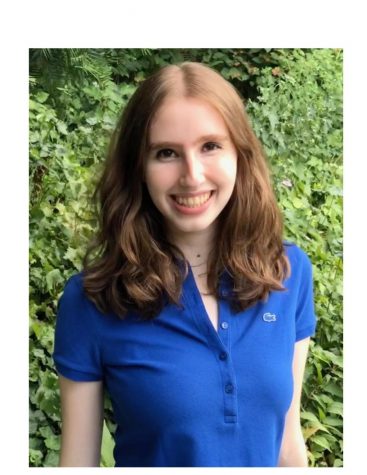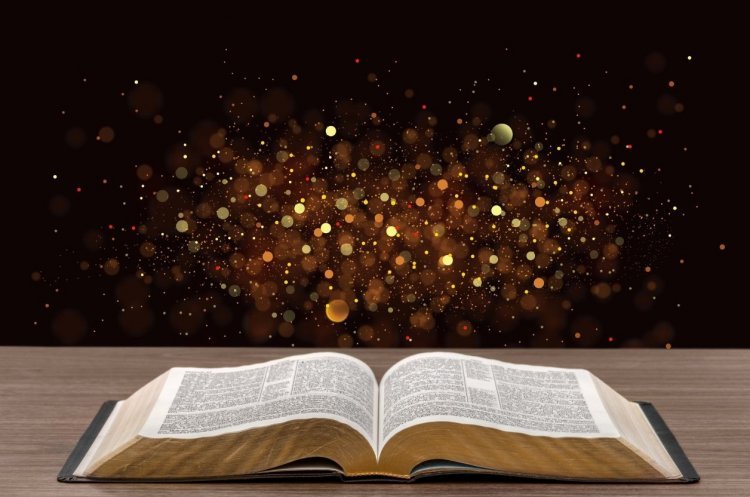Mishmar: A Slice of Torah Learning
The Mishmar Program, which offers students the opportunity to participate in Beit Midrash learning after school, has recently been restored under the guidance and leadership of Rabbi Kenny Schiowitz. Students convene once a week to learn Torah without the pressure of grades and assessments. Every Monday night, students gather in Rabbi Slomnicki’s office on the sixth floor ready to learn. Pies from Saba’s Pizza are ordered for all to enjoy. Participants are also rewarded one additional point on their next Tanakh and Talmud tests. The combination of pizza and l’shema learning makes for a relaxed yet productive environment. (And the additional points don’t hurt either).
The learning sessions usually focus on an upcoming Jewish holiday. One week before Passover, chemistry teacher Dr. Rotenberg led a riveting discussion regarding the etymology of the word “Pesach.” “Learning about Pesach was especially helpful because I was able to gather material to say at my seder,” said Michal Seinfeld ’21. Whereas many Jewish studies teachers at Ramaz choose not to interrupt the curriculum to discuss upcoming chagim, Mishmar is specifically designed to offer fresh insights on them. During Ms. Gedwiser’s Mishmar session, the group discussed the relationship between Egypt’s affluence and immorality.
Mishmar at Ramaz is important, as “there is a need to make Torah learning less class-like,” said Rabbi Schiowitz. It is easy to fall into a routine – to robotically treat each class as nothing more than the sum-total of its assignments. Aside from offering the opportunity to learn purely for learning’s sake, Mishmar also allows students to learn from those Judaic-subject teachers whose classes they have yet to take. Tanach teacher Ms. Rahimzada noted that teachers who lead Mishmar “get to know students that [they] don’t teach… and discuss with students topics in Judaism that would otherwise not generally be explored in a classroom.” Mishmar is designed to provide a slew of different perspectives and to introduce students to otherwise unfamiliar teachers. Sessions are well attended, with a particularly robust attendance from the freshman class.
The relaxed learning environment is proving to be effective for the students, even outside the weekly Mishmar lessons. Rabbi Schiowitz has a unique ability to encourage students and have them become more enthusiastic about their learning of Torah. Indeed, many participants have noted that the discussions at Mishmar feel more natural than in regular classes.“There will always be a certain energy in the classroom, centered around the angst of grades,” said Seinfeld, “but at Mishmar, both the teacher and student are at ease. The teachers don’t have to waste time quieting kids down, because the students that go to Mishmar genuinely want to be there.”
Some attendees, however, feel that the high attendance is due simply to the offerings of pizza and points. Receiving one additional point on two different tests can really increase a student’s overall average in any course. If someone is struggling in a Judaic course, it would be for him or her to attend Mishmar to learn and boost his or her average. Nonetheless, Mishmar has become extremely popular among students. The program is so well attended that Rabbi Slomnicki’s office is packed during every session, with kids rushing to snag a seat as soon as the bell rings at the conclusion of the day. Some attendees suggested that Mishmar ought to be relocated to a bigger classroom to accommodate all students.
One aspect of the Mishmar program that may be responsible for the riveting discussions is the seating arrangement. The chairs are arranged in a circle, allowing all participants to face one another. “The circular arrangement makes it easier to have more meaningful discussions,” said David Gitelman ’22. Perhaps this circular learning should be applied to all classes in order to improve focus and foster discussion.
Mishmar will run through the end of the school year. Rabbi Schiowitz is also open to hearing people’s recommendations for any topics they would like discussed at Mishmar, or any other ideas on how to improve this learning experience. The program is a much-needed addition to the after school list of activities, and it is a big hit among the students.
David Gitelman ’22 said, “I get points, I get pizza, and I get to learn Torah in an open atmosphere with free conversation and dialogue.”

Samantha is a passionate journalist and loves writing for The Rampage because it is a window into the life of the student body that honestly reports true...



